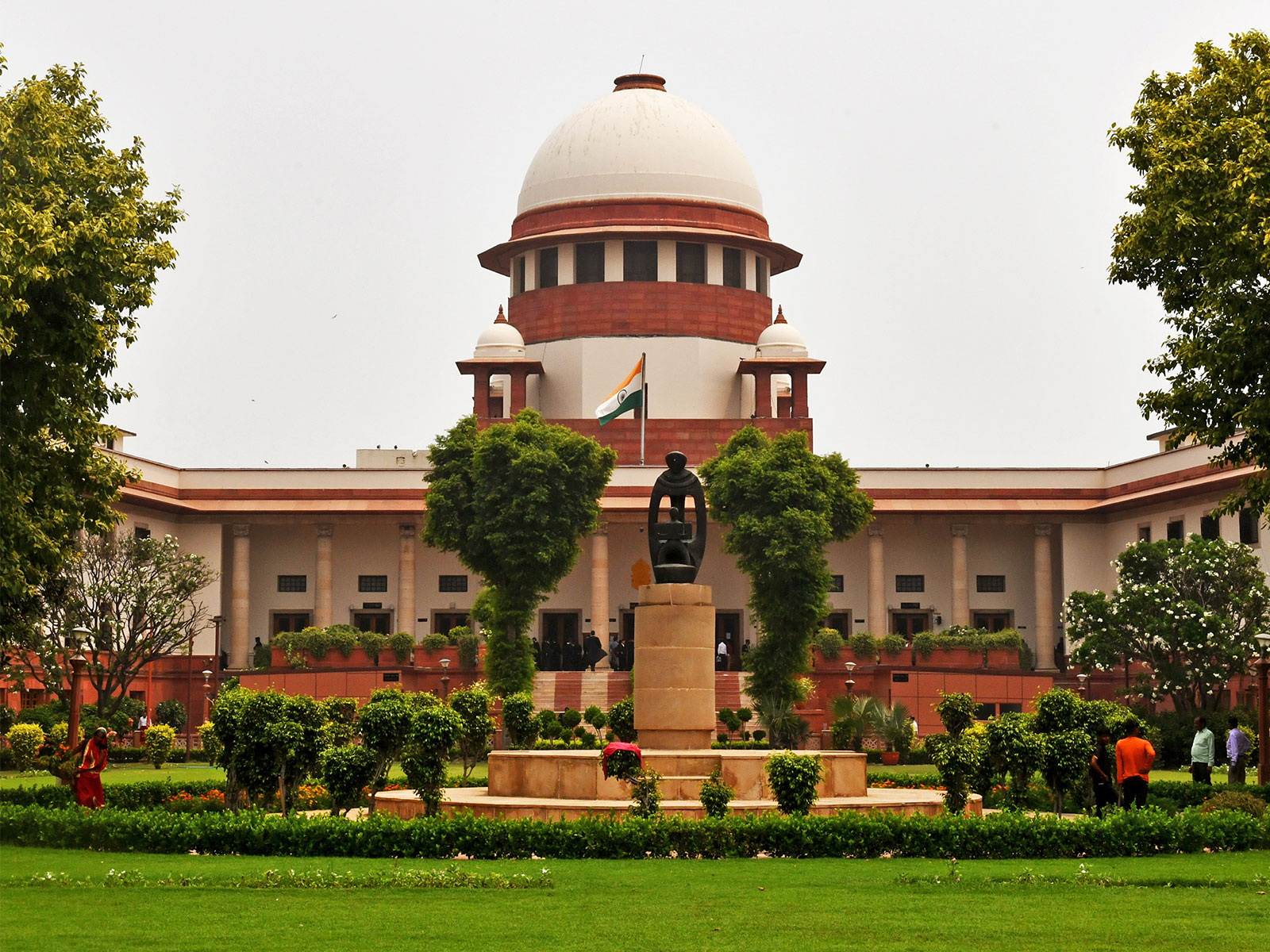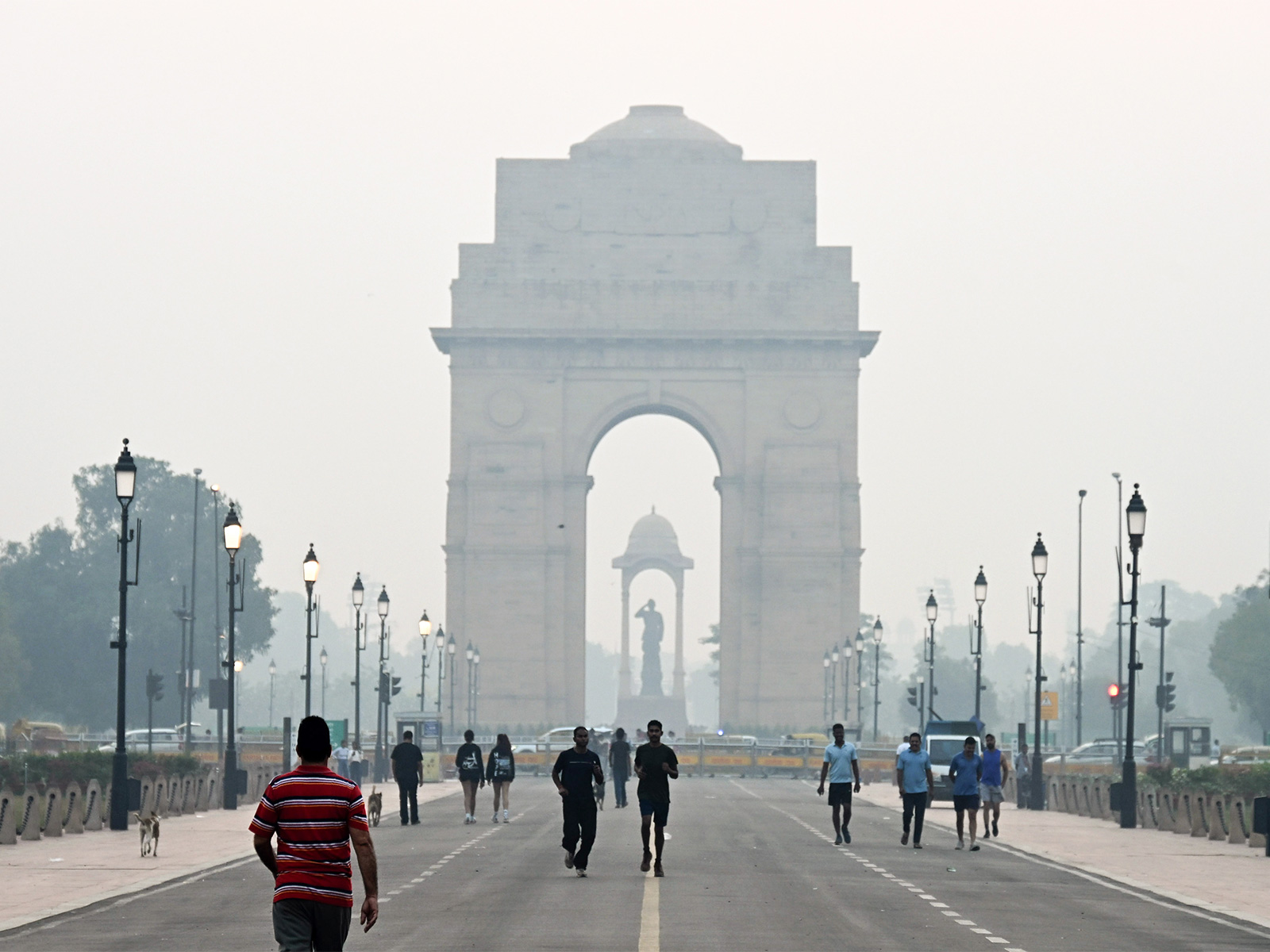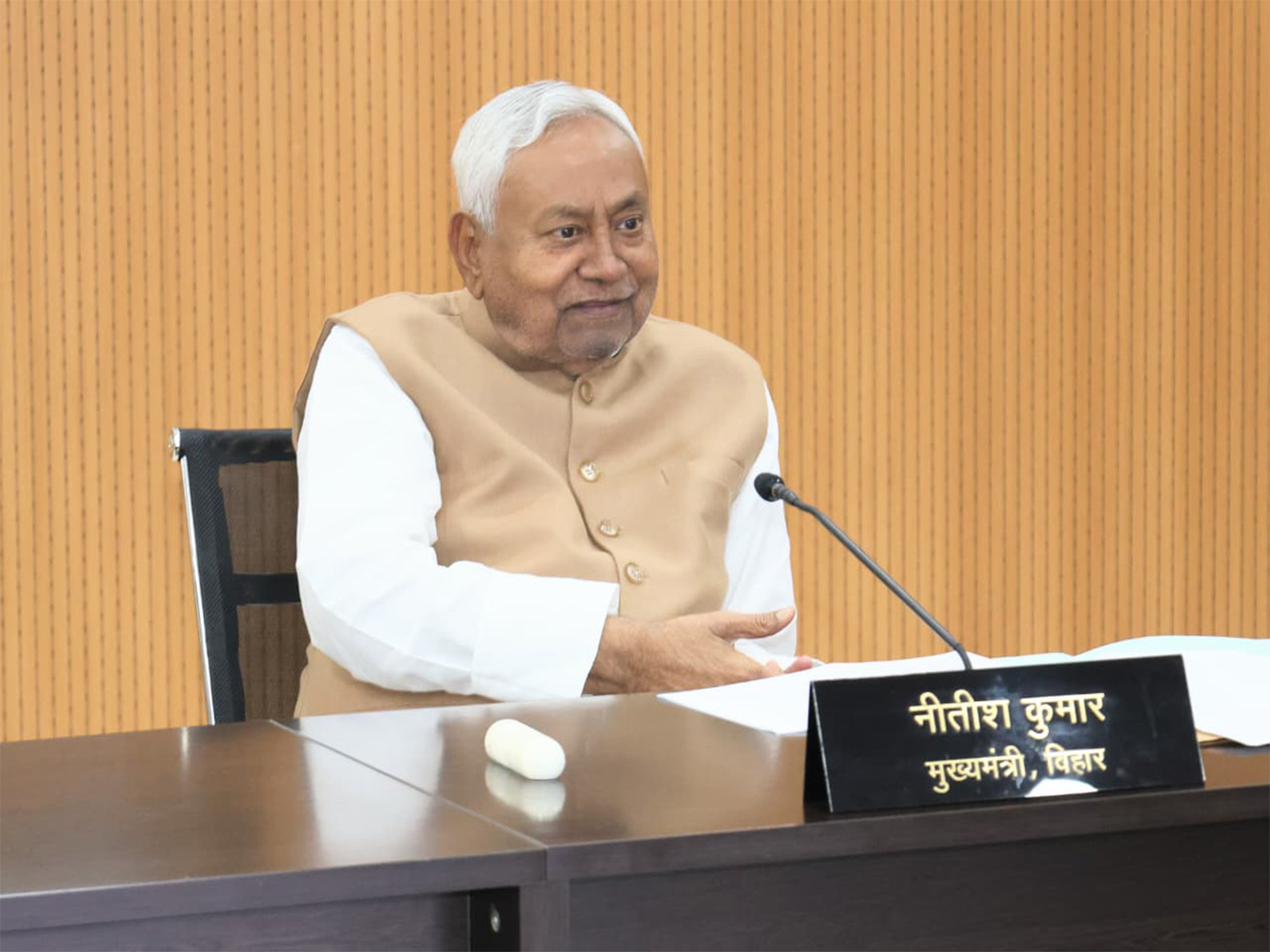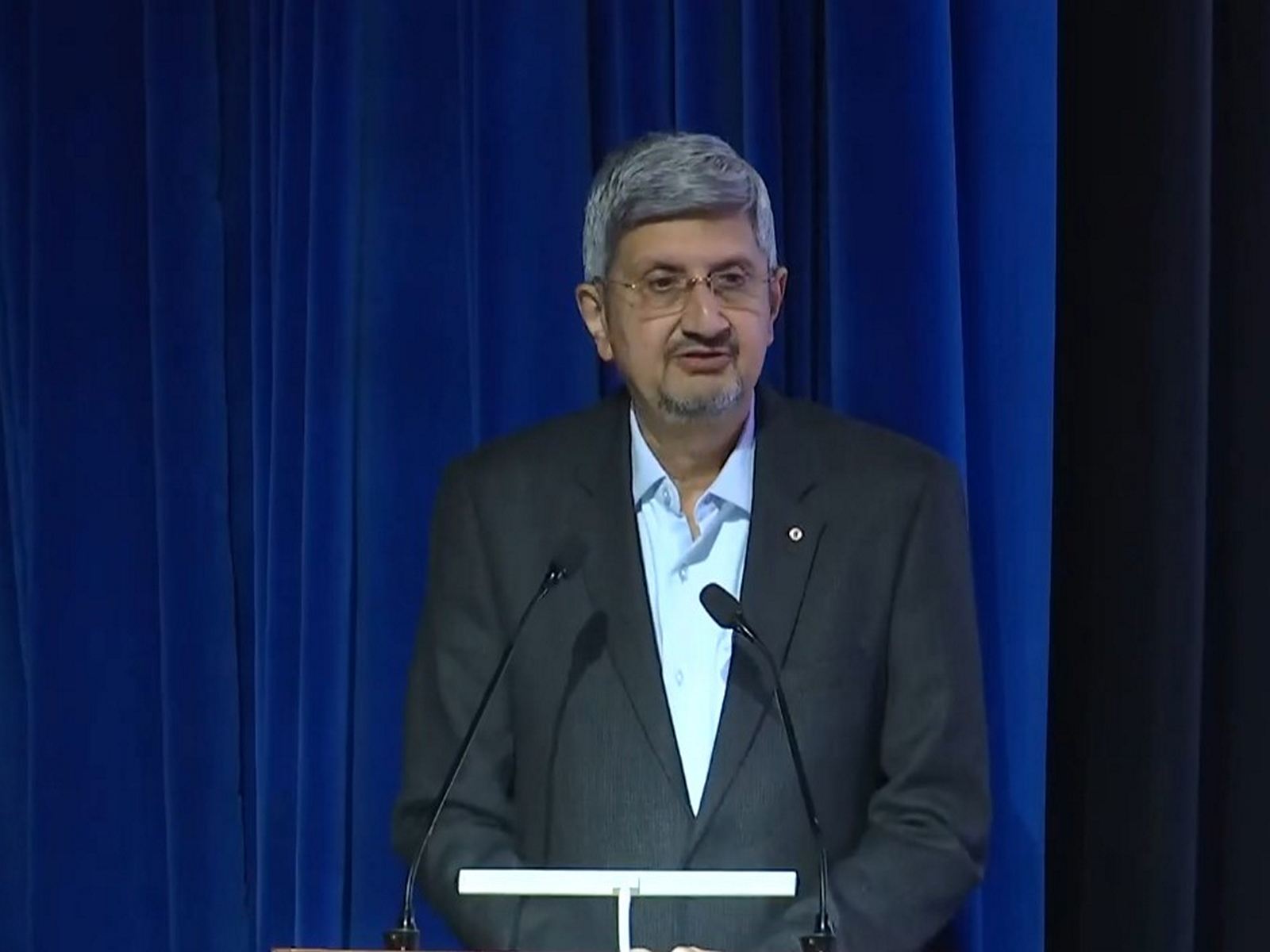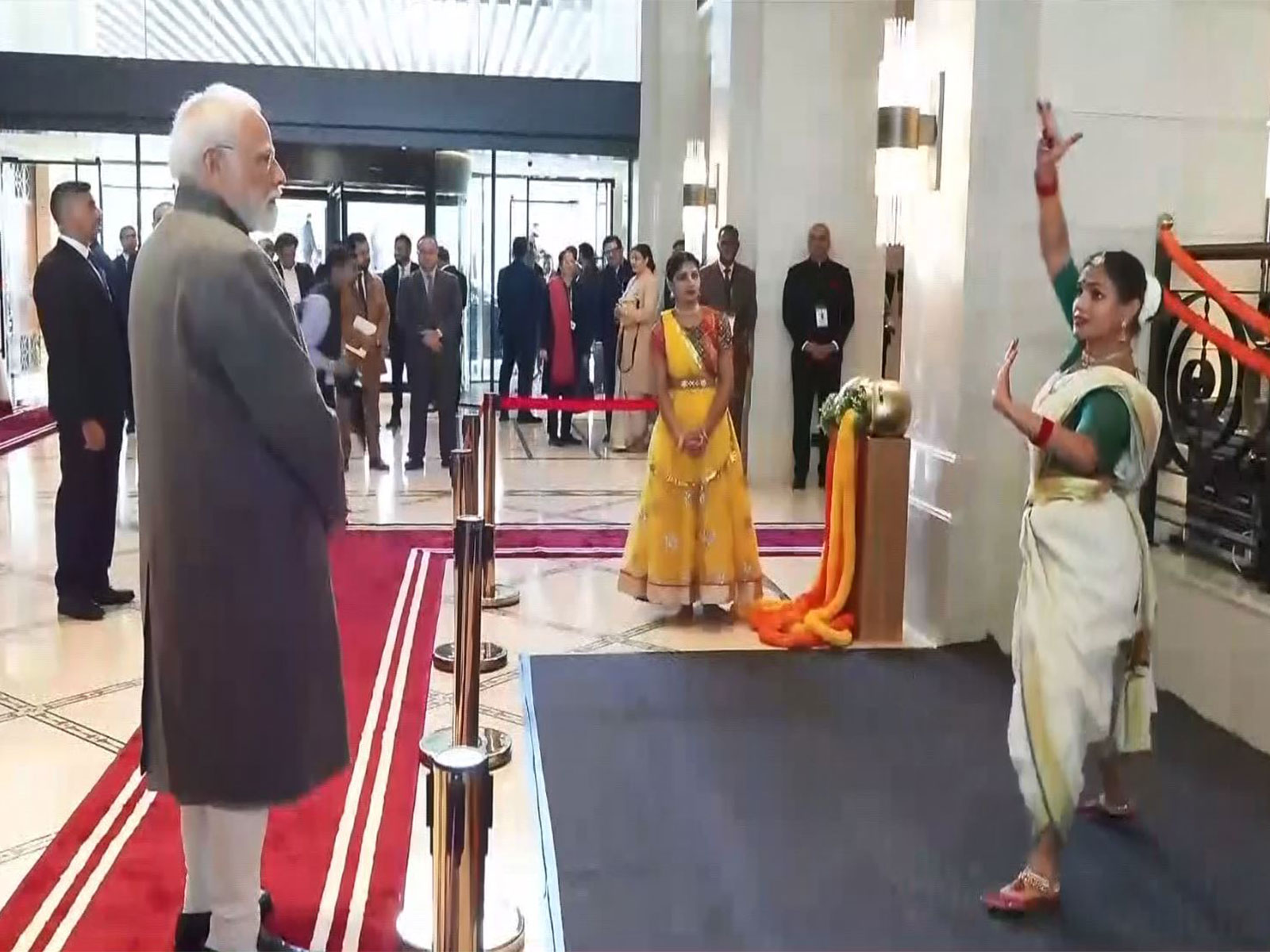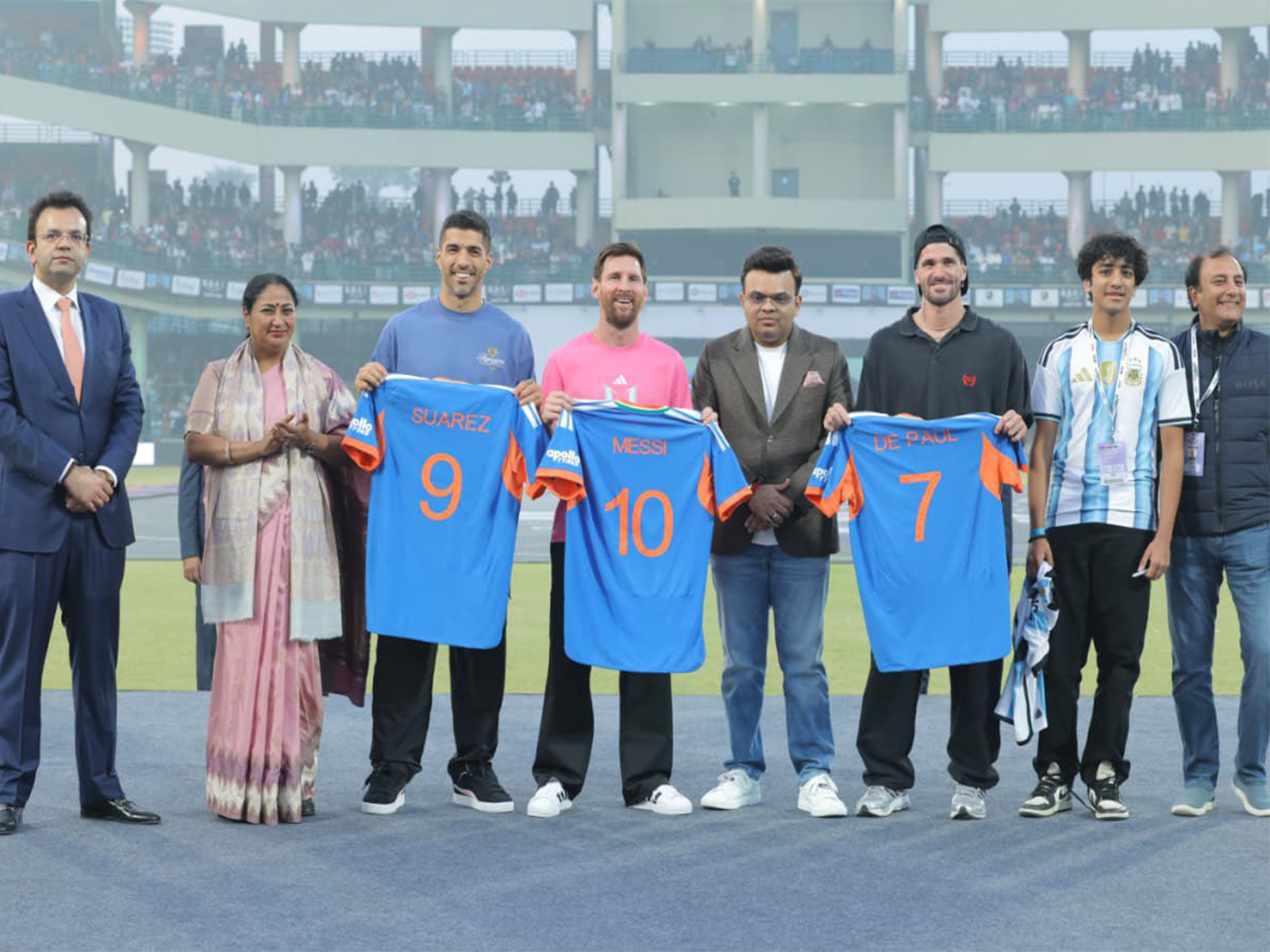President Murmu rejects mercy petition of Red Fort attack LeT convict Mohammed Arif
Jun 12, 2024

New Delhi [India], June 12 : President Droupadi Murmu has rejected the mercy petition of Pakistani terrorist Mohammed Arif alias Ashfaq convicted on December 12, 2000, in the Red Fort attack in which three jawans of Rajputana Rifles were killed, officials said.
The President took the decisive move on May 27. She considered the mercy plea of the Pakistani national Arif, who was found guilty of orchestrating the attack and the Supreme Court on November 2, 2022 affirmed the death penalty awarded to the Lakshar-e-Taiba terrorist for the December 12, 2000, Red Fort Attack case. The attack resulted in the death of three persons including two army officers.
This is the second time the President has denied a mercy petition since taking office on July 25, 2022.
The details of that fateful day remain etched in the minds of many. The serene and historic Red Fort, a symbol of India's heritage, was suddenly shattered by gunfire and chaos. The attack left a trail of devastation, claiming lives and wounding many. In the aftermath, Mohammed Arif was captured and brought to trial, where he was convicted of the heinous crime.
On the night of December 22, 2000, some intruders entered the Mughal-era fort where unit 7 of Rajputana Rifles of the Indian Army was stationed and opened fire at them. Three Army jawans were killed in the attack.
The intruders later escaped by scaling the rear side boundary of the fort.
Over the years, Arif's case has wound its way through the labyrinth of the legal system. Appeals and reviews stretched the process, but ultimately, the highest courts upheld his conviction. In a final bid to avoid his sentence, Arif filed a mercy petition, hoping for a reprieve from the President of India.
However, President Droupadi Murmu, after careful consideration and review of the gravity of the crime, rejected Arif's plea for mercy. This decision marks the end of a long and arduous legal journey, reaffirming the stance against terrorism and delivering a measure of closure to those affected by the attack. The rejection of the mercy petition underscores a commitment to justice and the rule of law, sending a clear message that acts of terror will be met with the full force of legal consequence.
Arif was convicted of the attack and sentenced to death on October 31, 2005, by a trial court. This was confirmed by the Delhi High Court in September 2007 and by the Supreme Court in August 2011. He then filed a review petition, which was rejected by a bench of two judges. The top court also dismissed his curative petition challenging the rejection of the review petition. The convict then filed a fresh writ petition praying that his review petitions should have been heard by a bench of three judges and in open court.
Hearing this, a Constitution bench decided in September 2014 that all death sentence cases will be heard by a three-judge bench in open court. Accordingly, his review petition was heard again by a three-judge bench. The review plea challenged the trial court's reliance on call data records as evidence. On November 2, 2022, the Supreme Court bench then affirmed the death sentence awarded to the terrorist.
